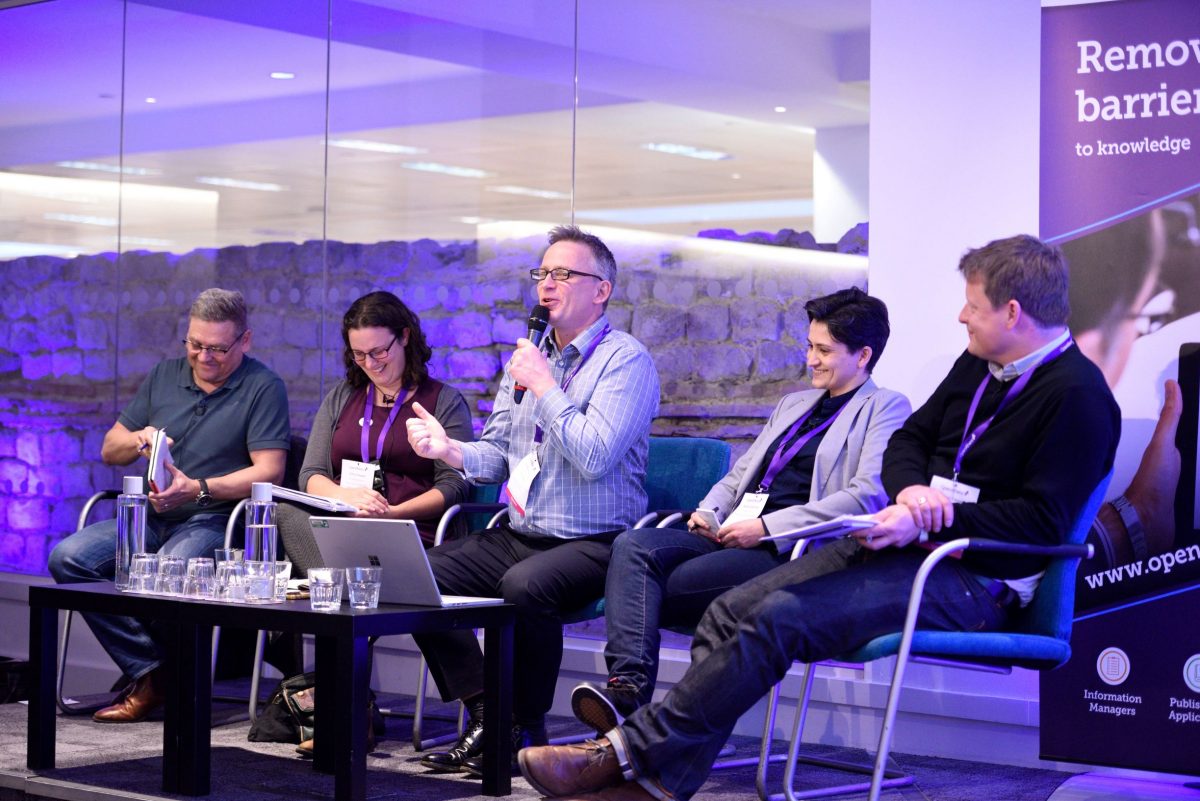
How are publishers responding to industry change
We catch up with Duncan Campbell, Wiley’s senior director of global sales partnerships to find out what innovations are driving industry change.
Wiley is an international publisher developing digital education, assessment and certification solutions to support universities, businesses and individuals in academia. The organization has a 200-year heritage of quality publishing. Wiley connects researchers and learners with its online journals, books and other digital content.
Duncan Campbell, Wiley’s senior director of global sales partnerships, participated in our panel debate at the OpenAthens 2019 Conference.

Piracy as a disruptor for change
The discussion, ‘Piracy as a disruptor for change’, examined the extent to which piracy was a force for positive innovations, such as Netflix and Spotify. The panel also looked at how it’s often the result of poor user experience channeling consumers toward easier-to-access illegitimate content.
Participants acknowledged the difficulty of balancing a business model which paid content providers and also fulfilled users’ desire and ability to access free online content.
We caught up with Duncan following the panel session to delve a little deeper into drivers of industry change. He suggested that piracy wasn’t necessarily a driver. Several of the innovations mentioned in the debate would have occurred naturally as the industry evolves.
Industry innovations driving change
The digitization of the sector is bringing an end to the intermediation that was previously typical of publishing. Publishers are now more commonly selling to libraries online, rather than to distributors or bookshops. This means end-users can access the product directly. So publishers have had to get closer to and understand their users to build products they want to use.
Sci-Hub is outside the publishing economy as it’s a conduit leaking content. It’s driven by an Open Access agenda. But it does not follow industry norms such as following ensuring best practice and ensuring trustworthy content. In comparison, Duncan mentioned Wiley’s protocols of corrections or retracting an article in occurrences of scientific fraud or misconduct.
We also discussed how piracy sometimes seems to be less of an issue for the end-user. Mainly owing to a lack of awareness. Users prioritize finding the information they need without getting bogged down with where it’s coming from. Or how it’s reaching them and at what price. The question is therefore how can the industry best educate end-users on accessing content from trustworthy sources?
The future: library and publisher partnerships
Duncan said that as publishing moves further towards Open Access and offers more bespoke and transitional deals, publishers are making an effort to build relationships with libraries. For those deals to be successful, the industry has to work more closely together.
Industry experts expect the long-term benefits of those partnerships to be considerable. One of the end goals is to publish more Open Access outputs. However, Duncan explained that there are still challenges. And a lot of work for the publishing industry to build those relationships with libraries.
We're interested to see how our library and publisher customers will start working together and building partnerships in the future. The end-user and their easy and secure access to valuable digital content must be a priority.
The forging of new collaborations between libraries and publishers is a major theme of our Access Lab 2020 conference. Visit our event resource hub to find out more.

Can piracy transform our industry?
The thorny issue of piracy is creating a real sea change in our industry. Piracy is forcing the publishing and library communities to really look at the true issues around intellectual property and access to digital content.
